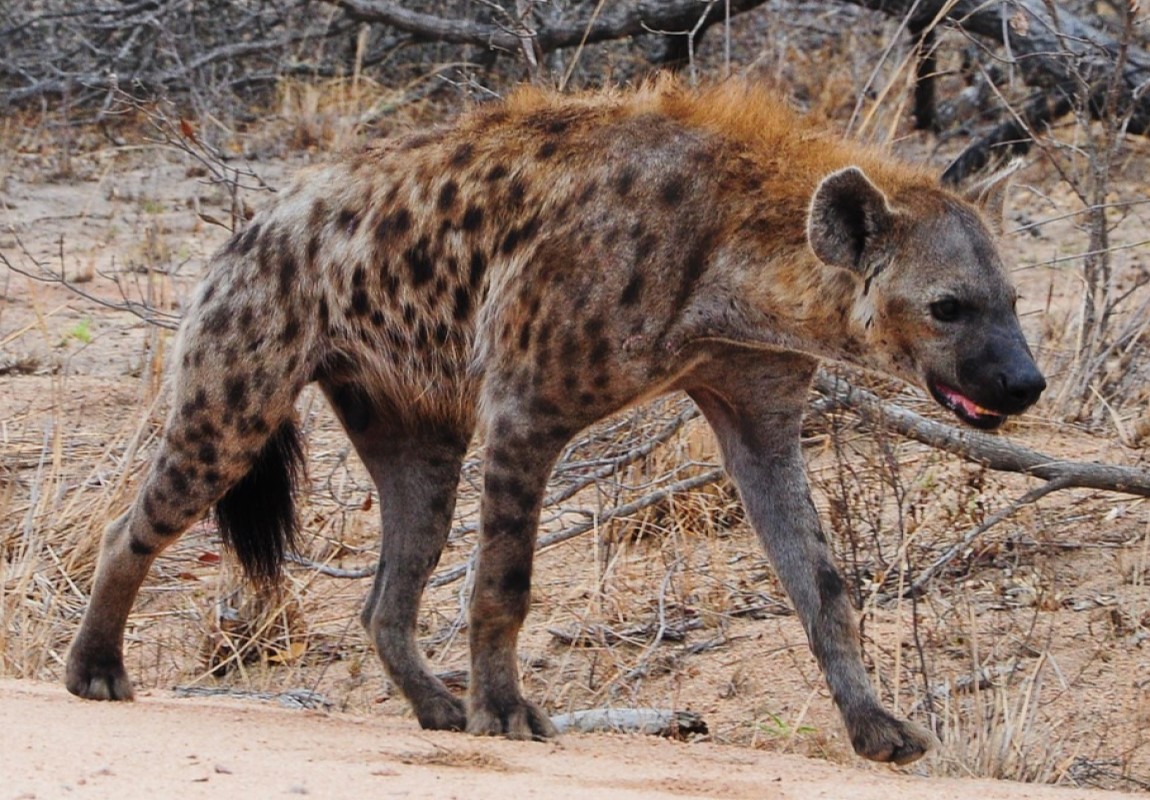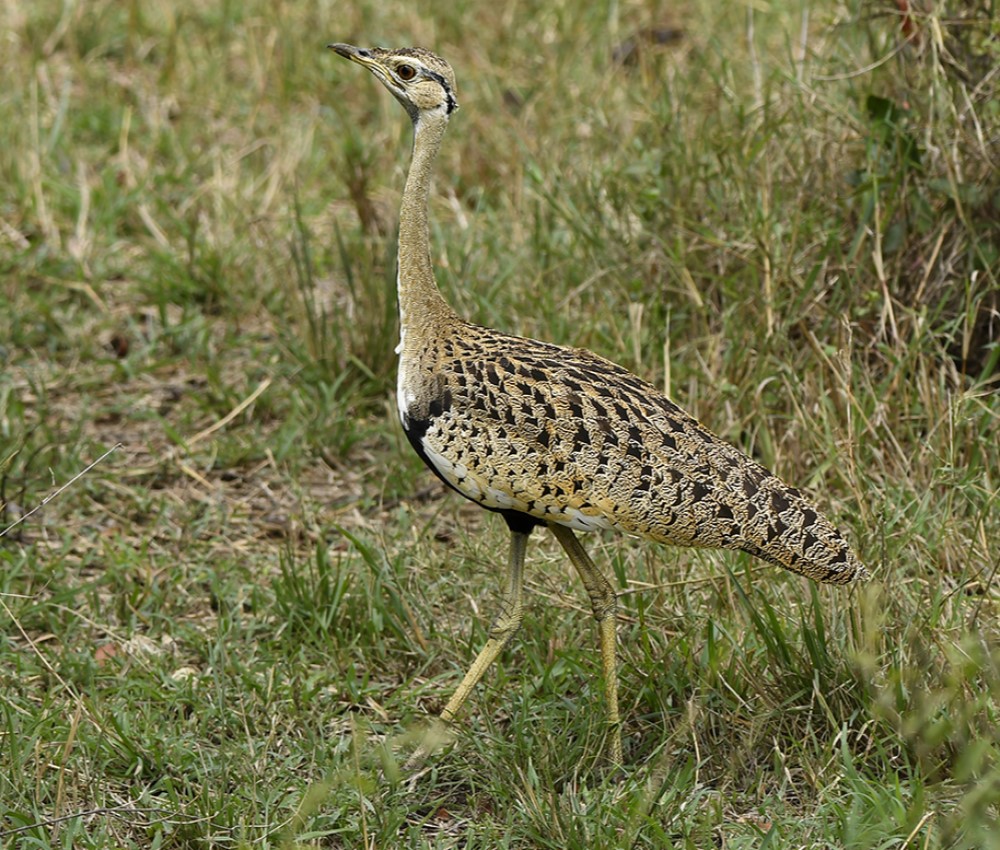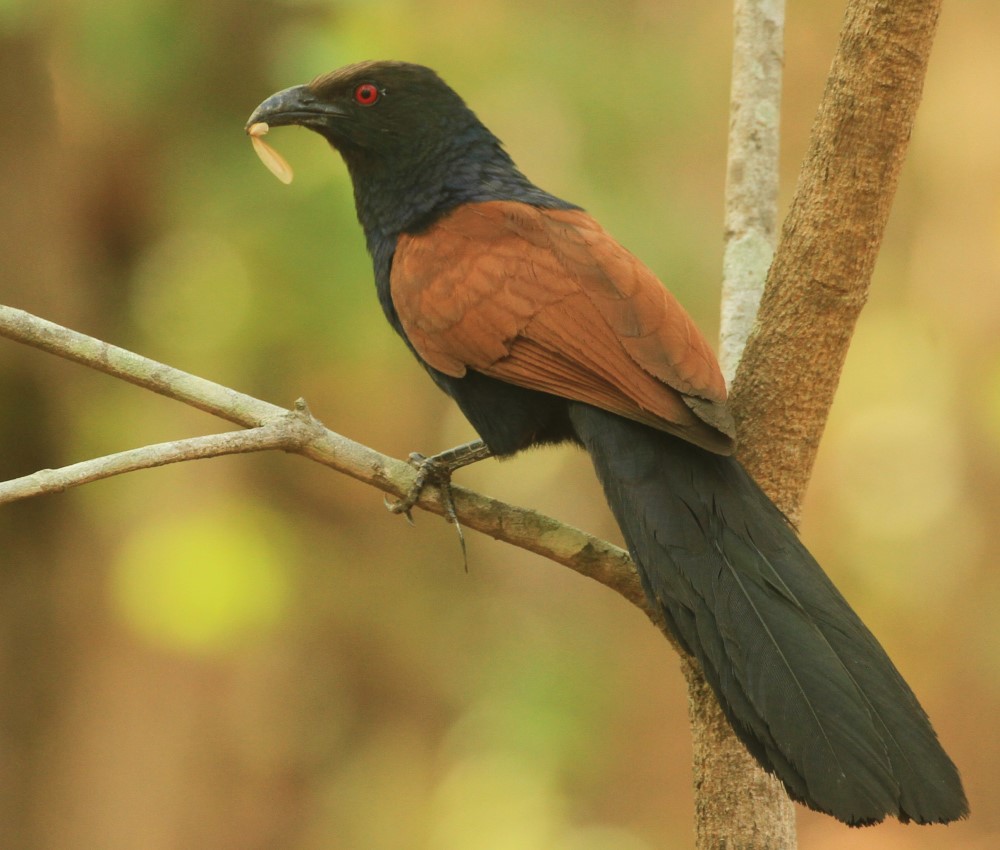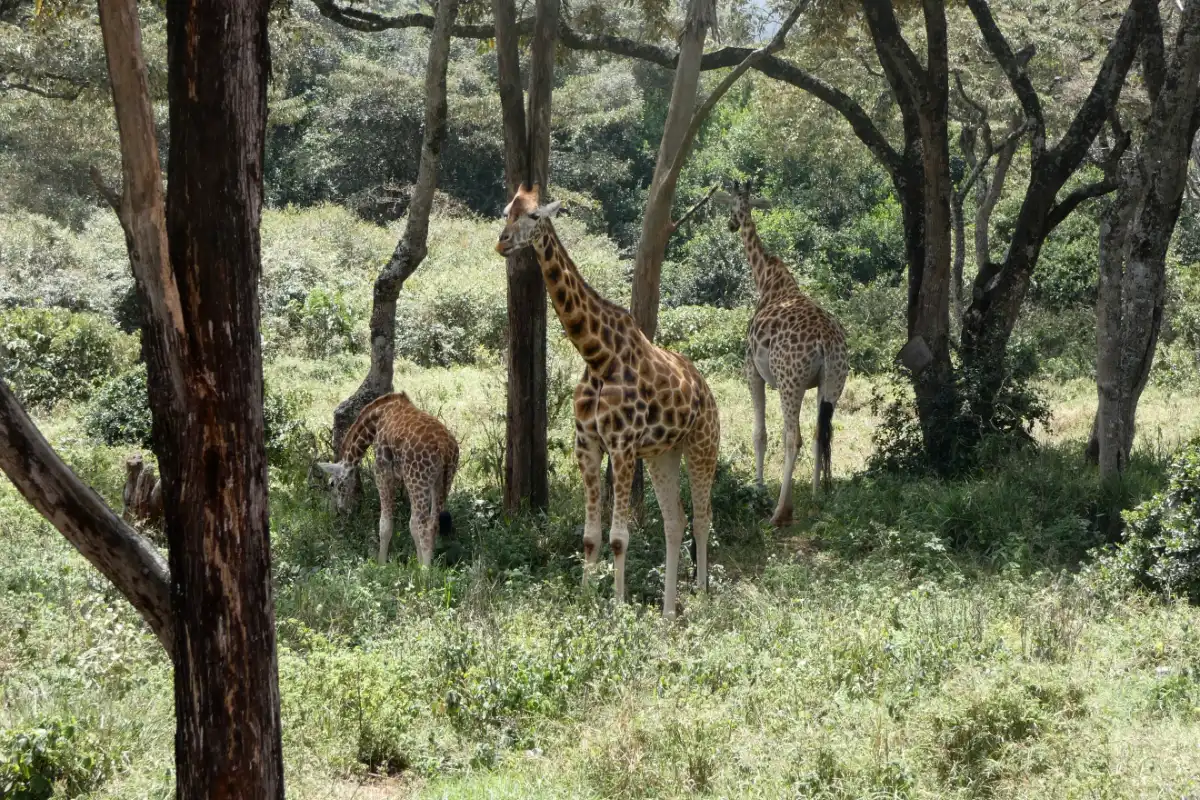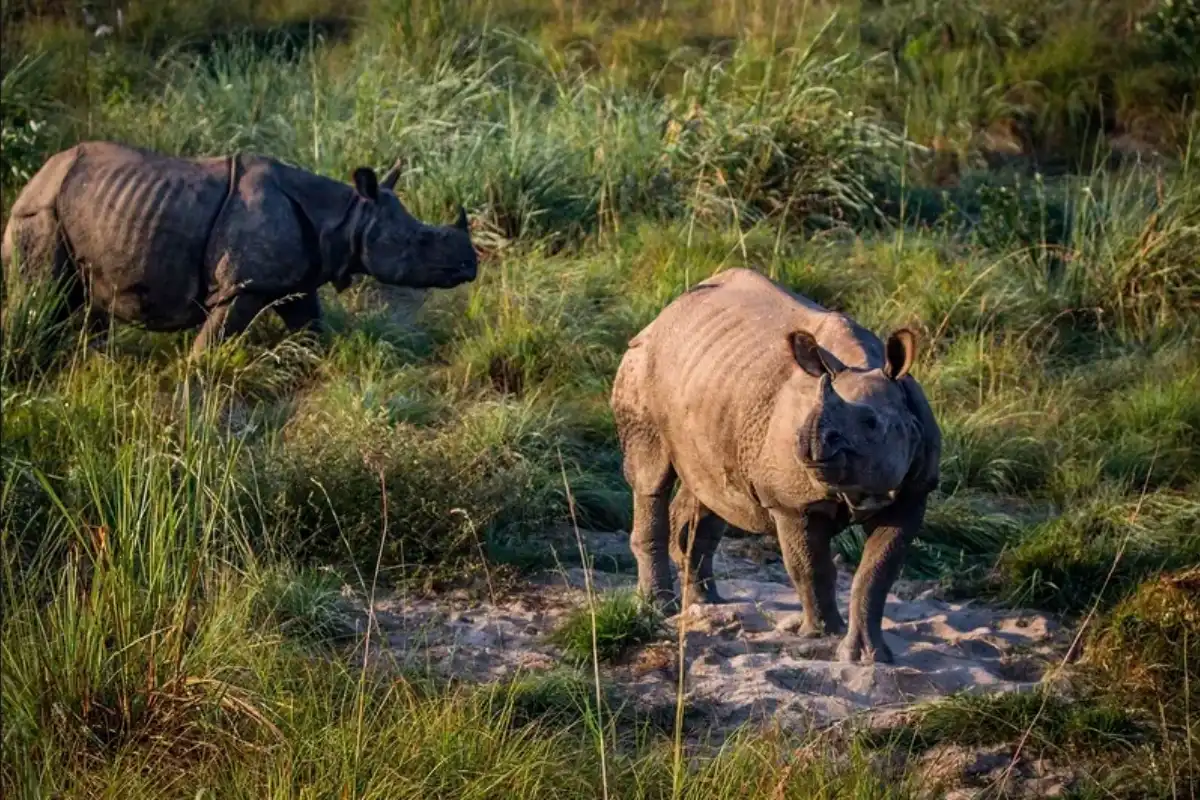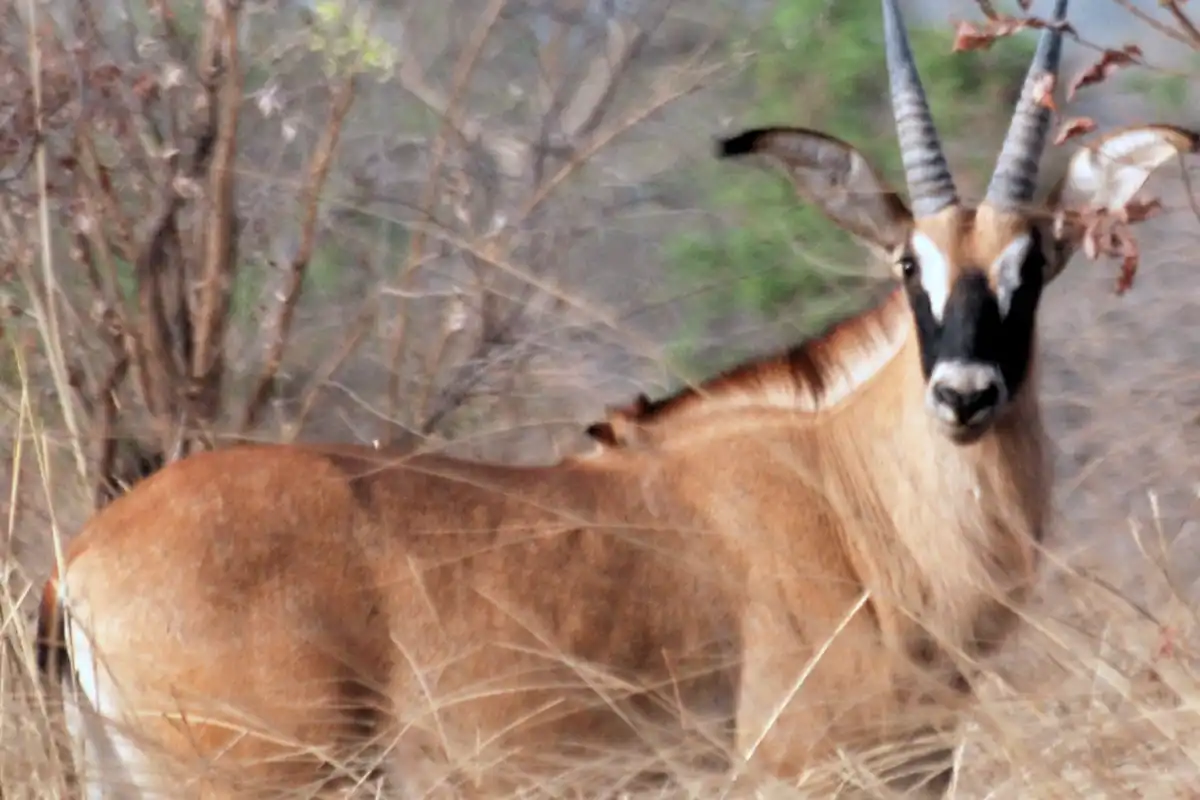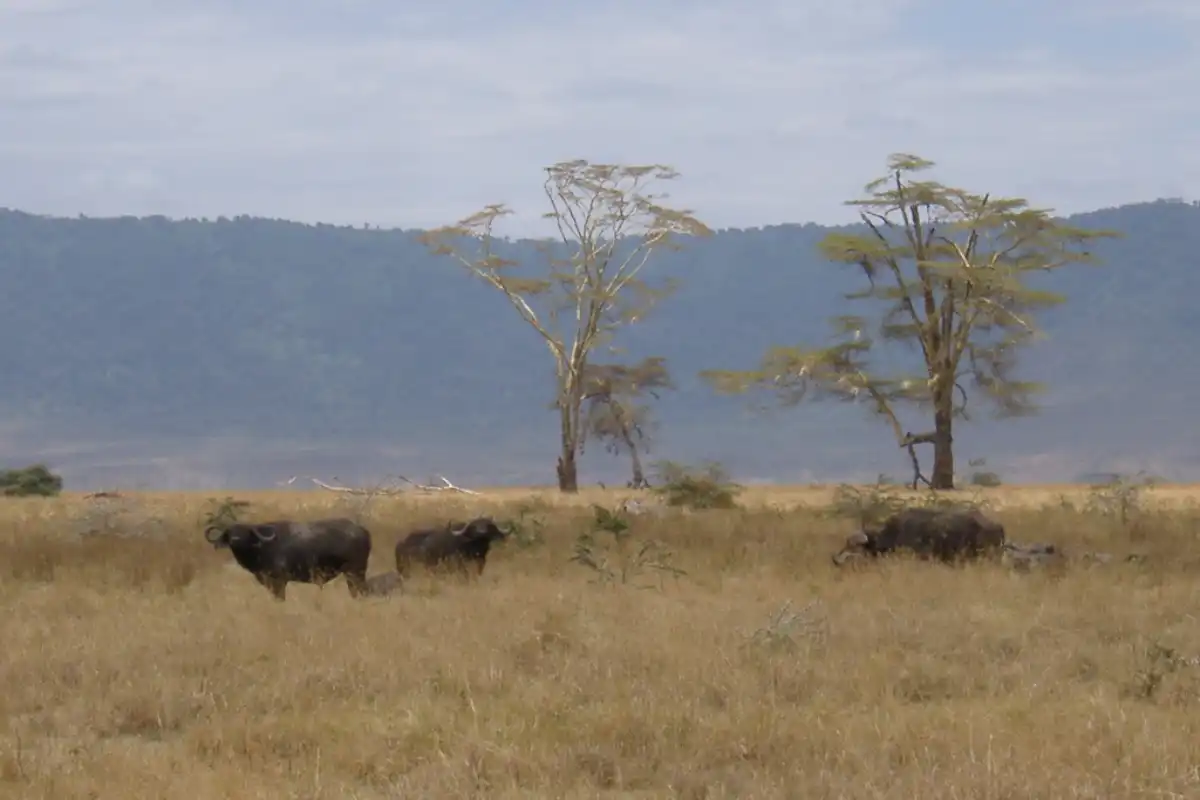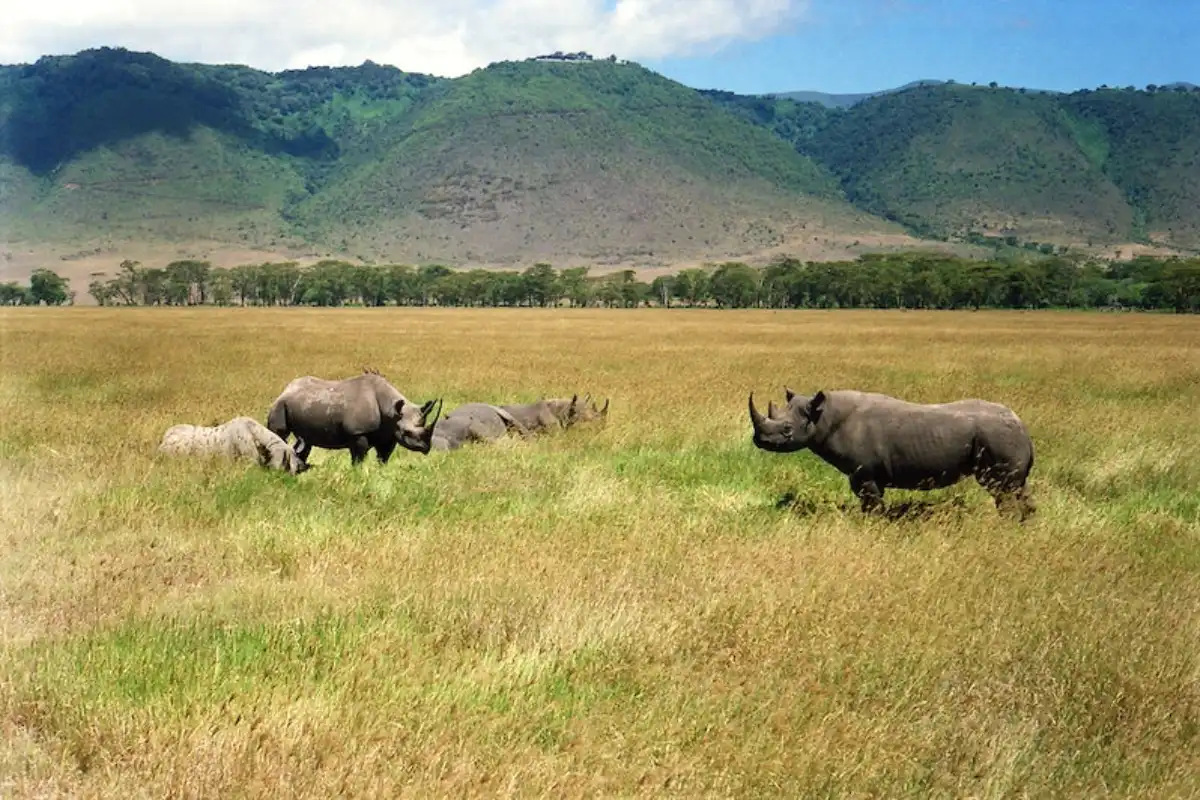Overview – Ruma National Park
Ruma National Park is the only terrestrial park in Kenya's Nyanza Province. A mosaic of scenes, going from the riverine forest and moving savannah to wonderful ledges and transcending cliffs, Ruma National Park guarantees unseen wildlife treasures and undisturbed harmony. It is additionally Kenya's last remaining sanctuary for the endangered roan antelope. Ruma lies on the flat floor of the occasionally watered Lambwe River Valley bordered by the Kanyamwa Escarpment toward the South-East, and by the volcanic fittings of the Ruri Hills toward the north. Ruma's birdlife is exceptional.
-
Wildlife6 Animals
-
High SeasonDecember to March and July to October
-
Best Time to GoJune to October and January to February
Pros & Cons
- Very less crowded, off-the-beaten-track destination
- Home to endangered roan antelope
- Amazing wilderness appeal
- Good birding with a chance to see the endangered migratory blue swallow
- Very few wildlife viewing options are available
- Limited tourist facilities
- Limited road network and Roads are in very bad condition
Ruma National Park Map in Africa
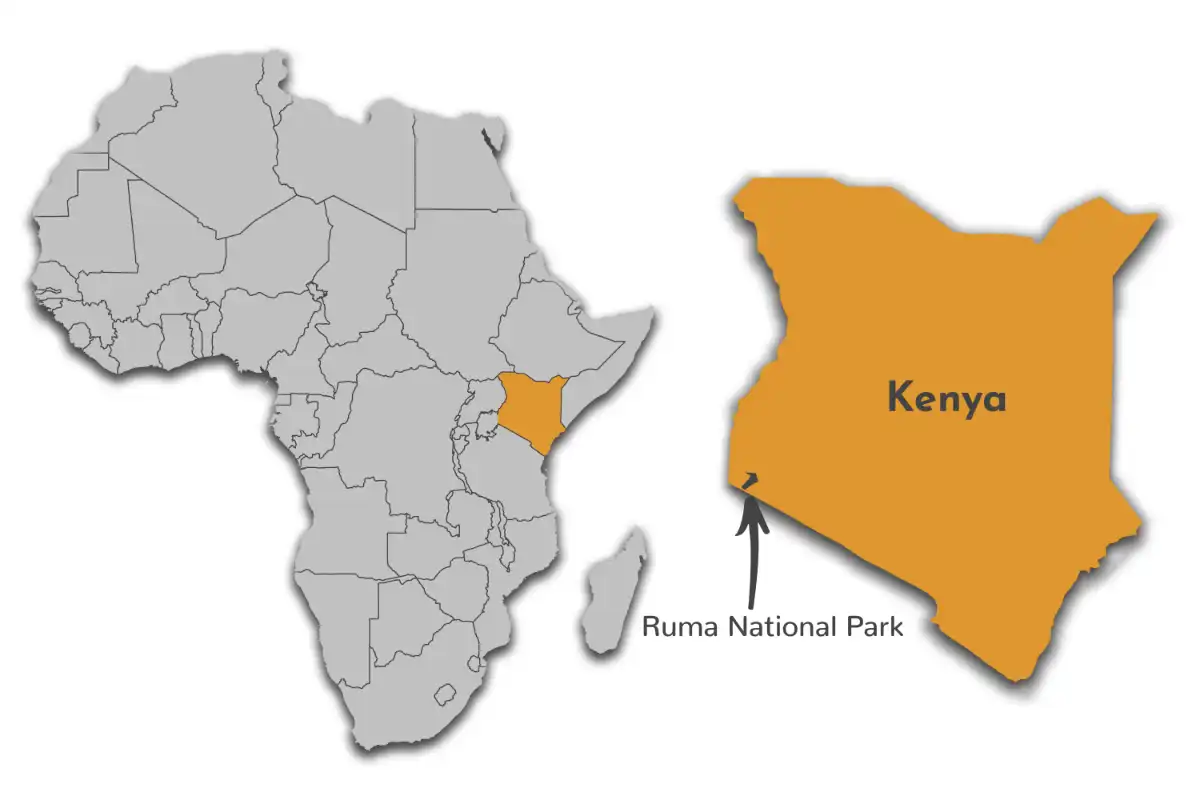
Ruma National Park Safari Reviews
Want to Visit Ruma National Park?
Wildlife & Animals – Ruma National Park
Rumi national park has limited wildlife viewing options available. Game species range from African leopards, roan antelopes, eastern black rhinoceros, Rothschild's giraffes, oribis, cape buffalos, Lelwel hartebeests, olive baboons, Bohor reedbucks, hyenas, servals, topis, honey badgers, bushpigs and vervet monkeys among others.
Wildlife Highlights
Rumi National Park is the only place in Kenya to see the Endangered roan antelope. The localized race of Rothschild's giraffe can also be spotted. There are tracks to be found of leopard and spotted hyenas, but these predators are shy and are unlikely to be encountered.
Best Time for Wildlife Viewing
For wildlife viewing, the best time to visit the Ruma is during the dry season, during June and October, and from January to February. Visits during the peak of the short rains (November), and especially during the long rains (April and May), might be difficult. The condition of the roads isn’t great, even in the Dry season, although it gets much worse after rain.
Want to Visit Ruma National Park?
Birds – Ruma National Park
Ruma National Park is perfect for Bird watching comparatively wildlife viewing. The rare intra-African migrant, the blue swallow (Hirundo atrocaerulea) is one such avian species. There are around 410 bird species on the hills, with some endemic races.
Notable Birds in Ruma National Park
Best Time for Bird Watching
Ruma is a bird watcher's delight the entire year. Numerous unusual, dry-country specials live here and can be spotted all year. Migratory birds show up in the reserve from November to April. One significant thought is the climate, as substantial showers can wreck your birding plans – November and April get the most precipitation.
Want to Visit Ruma National Park?
Best Time to Visit – Ruma National Park
Ruma can be visited throughout the year. However, wildlife viewing is best in the dry months from June to October and January to February. Visits during the peak of the short rains (November), and especially during the long rains (April and May), might be challenging because of the condition of the roads, which aren’t great even in the Dry season.
-
Best Time
June to October and January to February June to October and January to February
-
High Season
December to March and July to October
-
Low Season
April to June
-
Best Weather
June and December
-
Worst Weather
April
June to October (Dry Season)
- Rarely gets hot, Most of the time it's sunny & dry
- Due to short grass and less water sources, Animals can be spotted easily
- Fewer mosquitoes and less chance of catching malaria
- There is a lot of dust in the air because it is very dry
- The sky is hazy and the scenery isn’t as pretty
June to October (Wet Season)
- The scenery is beautiful and at its most lush
- Birding is best as migratory birds are present
- Rain in April and May will sometimes come in between your planned activities
- Roads become sloppy and difficult to travel








